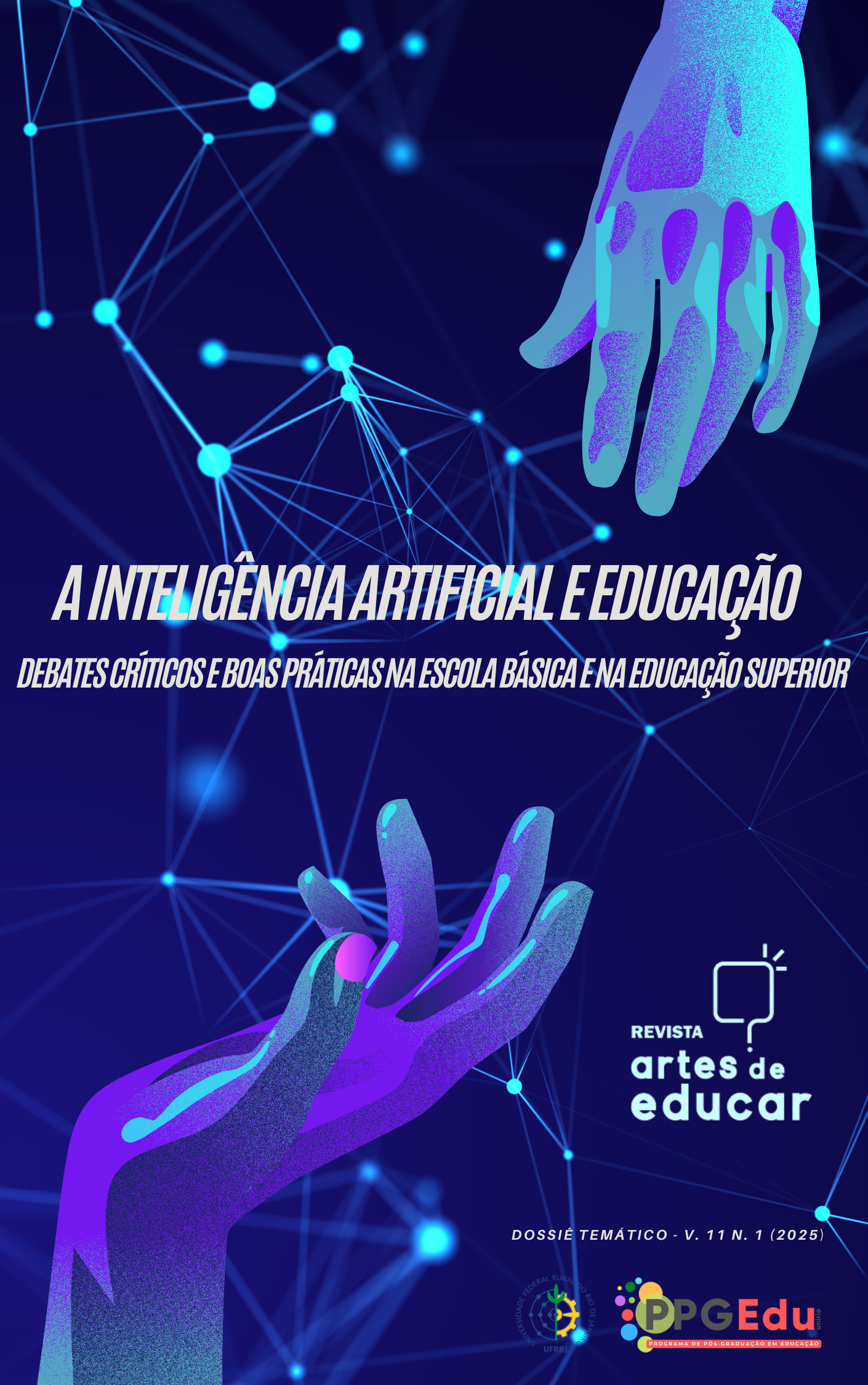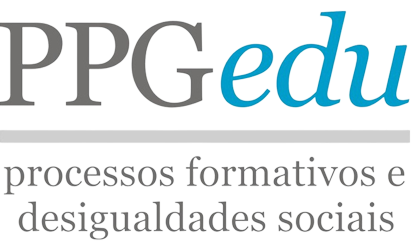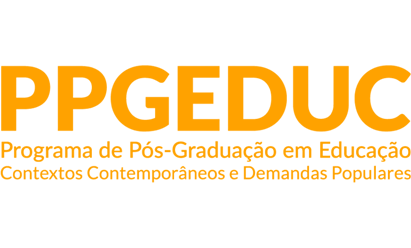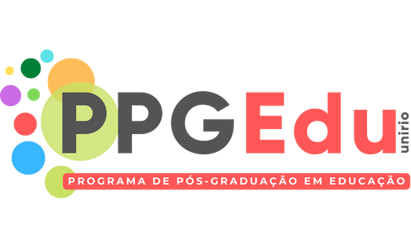A EPISTEME DA TECNOLOGIA E A EDUCAÇÃO
UMA ANÁLISE DAS RUPTURAS PARADIGMÁTICAS EDUCACIONAIS PÓS-REVOLUÇÃO TECNOLÓGICA
DOI:
https://doi.org/10.12957/riae.2024.86158Abstract
This article, through a documentary and bibliographical analysis, based on the thinking of Morin (2005, 2007, 2015), Kuhn (1988), Santos (2010) and Behrens (2001), addresses the theme of technological implementation in education, as well as the challenges that this action requires, not only in the creation and implementation of public policies that support this implementation, but also the urgency in training, structure and optimization of the objectives of the reported action, in addition to examining the impact of technologies on teaching -learning. Thinking about technology and, jointly, its impact on the form and times of communication, means interaction with some technological artifact, so the school cannot go against the grain of society. It is concluded that the emergence of guiding students towards digital literacy becomes evident in order to build communicative processes that break with the more complex paradigms built on pillars of inequality, as well as analyzing the new learning possibilities that technologies provide, without abandon the view that the technological does not replace the human and that not everything that comes from technology causes positive impacts and, the rupture of historically supported paradigms, will hardly occur without the implementation of policies that permeate, at the very least, the equity of supply of this same education that wants to transform. This involves recognizing the complexity of technology systems, incorporating robust ethics in their development, democratizing access to technological knowledge and promoting sustainability.
Downloads
Published
How to Cite
Issue
Section
License
Copyright (c) 2024 Raissa Rangel Lorencini, Nadir Fehlberg de Souza

This work is licensed under a Creative Commons Attribution-NonCommercial 4.0 International License.
Authors retain copyright to their work, are permitted to publish and distribute their work online (e.g., in institutional repositories or on their personal page) at any point before or during the editorial process, as this may generate productive changes, as well as increasing the impact and citation of published work.
The acceptance of the text implies the authorization and exclusivity of the Revista Interinstitucional Artes de Educar regarding the right of first publication, the published works are simultaneously licensed with a Creative Commons Attribution-Non Commercial 4.0 International License 























